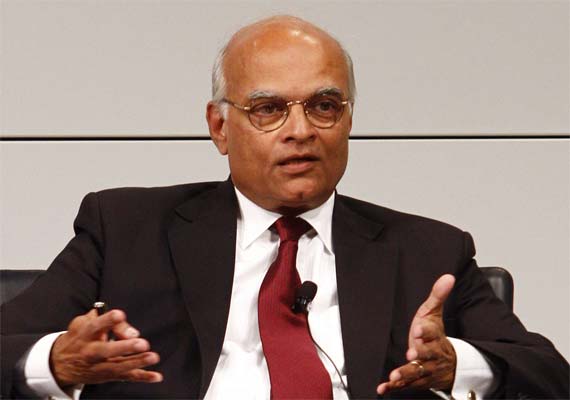Bangalore, Jan 22: India does not face external threats, but should make border management much more proactive, using technology and intelligence, National Security Advisor Shivshankar Menon said Monday.
"Today India does not face external existential threats. There is little distinction between our internal and external security. Recent developments in our neighbourhood, however, show that we should make our border management much more proactive, using technology and intelligence and developing influence across the borders to manage them in a more intelligent way," Menon said in a lecture on "India's National Security".
Referring to the turmoil to the west of India, Menon said internal insurgents and militants would find more succour and support outside India in the future from the developments in the Arab world extending up to the country's western neighbourhood.
"The disturbed state of the Ummah (Arab and Muslim world) should make us even more sensitive to the dangers of communal incitement. Though we have had an enviable record of communal harmony over the last eight years, there are worrying signs as communal violence levels rose in 2012."
"External factors are likely to make our life harder in the immediate future," Menon said in his address at the eighth Raja Ramanna Memorial Lecture at the state-run National Institute of Advance Studies (NIAS) here.
Ramanna was a distinguished nuclear scientist and considered father of the Indian nuclear programme of over four decades, and architect of the country's first nuclear test in May 1974. He passed away in 2004.
Taking a holistic view of national security, which includes energy security, food security, technology security and social cohesion and institutions, Menon said international balances of power were shifting more rapidly than they have for centuries.
"Though western dominance remains a fact, it is no longer as paramount as it once was. Several emerging nations like India, China and others are beginning to play a larger role in the world economy and in regional balances of power. We see strains of adjustment, of seeking new equilibriums, all around us in the international system," Menon asserted.
The former career diplomat noted India was more connected to the rest of the world than ever before.
Reiterating that the distinction between internal and external security had blurred, the former foreign secretary said the multiple challenges spanning terrorism, Left-wing extremism, social cohesion, communal harmony, cyber threats, energy security or food security have some roots outside the country with external links.
"The exception for our challenges could be Left-wing extremists, as they have been trying to establish links abroad through other separatist or insurgent groups, particularly in the north-east and foreign intelligence agencies and arms dealers trying to contact them," Menon observed.
Securing national assets, especially in new domains like nuclear, space and ICT (information and communication technology) posed intellectual challenges, he said dependence on space assets for communications and navigation make their security a very high national priority.

